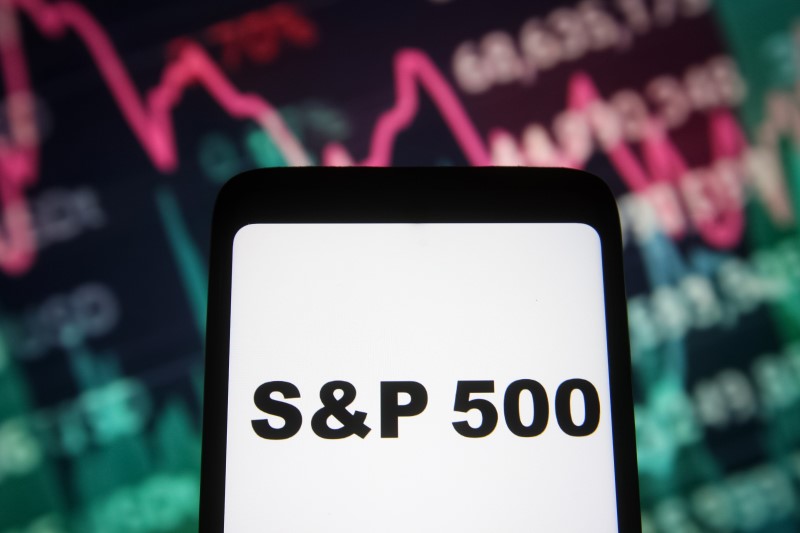© Reuters. FILE PHOTO: Raindrops hang on a sign for Wall Street outside the New York Stock Exchange in Manhattan in New York City, New York, U.S., October 26, 2020. REUTERS/Mike Segar/File Photo
By Carolina Mandl
NEW YORK (Reuters) – Retail investors bought roughly $7 billion of equities last week, showing a near record appetite for shares since 2016, while U.S. hedge funds trimmed their exposure to global equities, Morgan Stanley (NYSE:) said in a note to institutional investors seen by Reuters.
The Wall Street bank said retail investors net bought mainly exchanged traded funds (ETF), although individuals also added shares across sectors except for communications, consumer staples and utilities.
Still, retail appetite year-to-date through July 7 was down 60% when compared to the first six months of the years between 2016 and 2022. Individuals net bought $80 billion in equities so far this year.
Contrary to retail, U.S.-based long/short hedge funds reduced their exposure to global equities last week. Their so-called gross leverage, which adds up hedge funds’ bets on the rise and fall of shares, fell 2% compared to the previous week, according to Morgan Stanley.
Hedge funds mostly cut their long exposure to the pharmaceutical sector and to Asia ex-Japan, while they added some consumer-related sectors and Japanese shares to their portfolio, the bank added.
The bank tracks hedge funds it has as clients of its prime brokerage to show how they positioned during the week. Morgan Stanley estimated U.S. long/short hedge funds went down roughly 1% last week through Thursday.
Last week, the fell 1.2%, the Dow Jones went down 2% and the Nasdaq fell 0.9%.
Read the full article here













